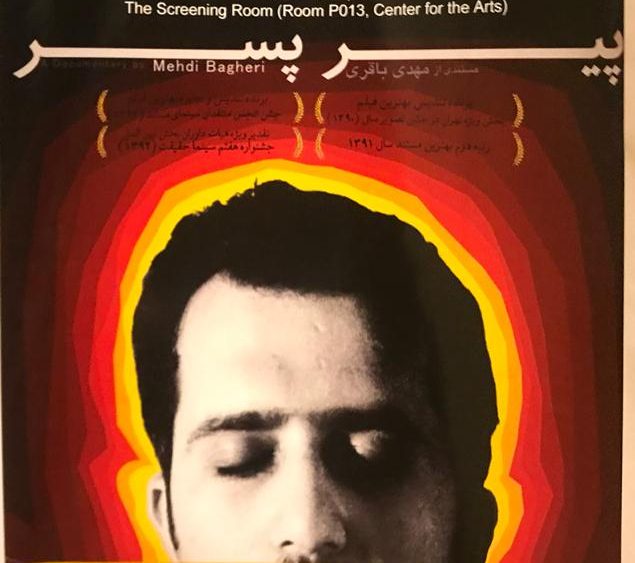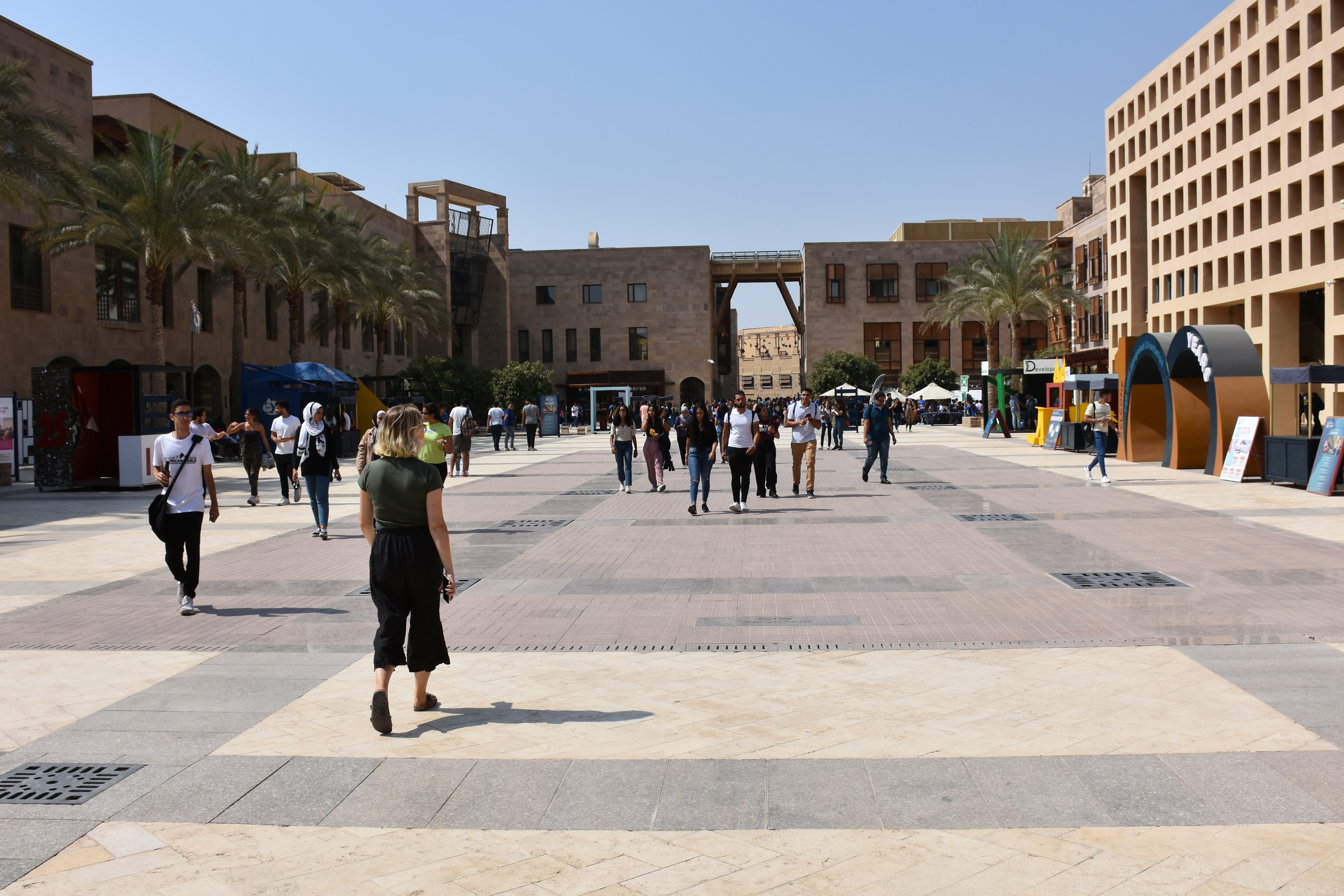Social Justice Film Series Sheds Light on The Reluctant Bachelor
BY: Aya Aboshady
@Aya_Abuchadiee
During the most recent Social Justice Film Series screening, audience members engaged in heated debate on whether Iranian filmmaker Mehdi Bagheri, also playing the protagonist, was selfish to portray his father as the reason for his own failures in life.
“The Reluctant Bachelor” (Pir Pesar) (2011), follows the familial tribulations of a thirty-something man who is unable to marry because of financial issues.
Despite his dependence on his family, he blames his penniless father for all his troubles.
The film shows how Bagheri’s financial problems damage his relationships with everyone in his family.
“The issue of young people wanting to get married and not having the financial means is very common here in Egypt as well as some other parts of the world,” said Negar Taymoorzadeh, assistant professor of Film at AUC, drawing parallels with Iran.
Taymoorzadeh chose the film because it is self-reflecting and speaks to the audience through its depiction of difficult confrontations.
“To be honest, I feel that Iranian film documentaries are very vibrant and exciting. I thought it would be nice to have that here as part of the Film Program,” said Taymoorzadeh.
Taymoorzadeh explained that she wanted to find a social justice themed film relevant to Egypt and that could be relatable to the students here at AUC.
“I also think that it’s so unusually courageous for the filmmaker and his family to put their personal issues out there the way they did,” she said..
Shortly after the film ended, Taymoorzadeh and the students in the audience debated whether the filmmaker was selfish for blaming his financially poor and helpless father for everything wrong in his life, and then broadcasting it to the world.
Political Science junior Hagar Ashraf says was shocked to see how callous the filmmaker was in projecting his failures on everyone else.
“I felt that he is extremely selfish. His brother, for instance, who is basically facing the same struggles, isn’t blaming anyone else. He even told him ‘you’re only searching for the one at fault,’” Ashraf told The Caravan.
Ashraf added that she felt that the filmmaker was overly negative toward everyone around him in a bid to avoid holding himself accountable for his own mistakes or avoid looking for solutions.
But English and Comparative Literature Major Karim senior disagrees that the filmmaker is selfish and self-serving.
“This documentary was raw footage of real people’s emotions. Just because he’s stripping down and showing us how he really felt towards his father and says it out loud – even if it was perceived by many as selfish, doesn’t mean it doesn’t actually happen in the real world,” Hamad said.
“This film showed us how certain societies, like in Iran or even here in Egypt, make it socially necessary for one to get married. In addition to the fact that so much capital is needed for that to happen,” said.
He added that the film has a lot of merit and in its duration worked to burst the upper-middle class bubble most AUCians occupy.
That’s the point, says Taymoorzadeh, who hopes such films which tackle controversial issues could broaden AUC student perspectives.



